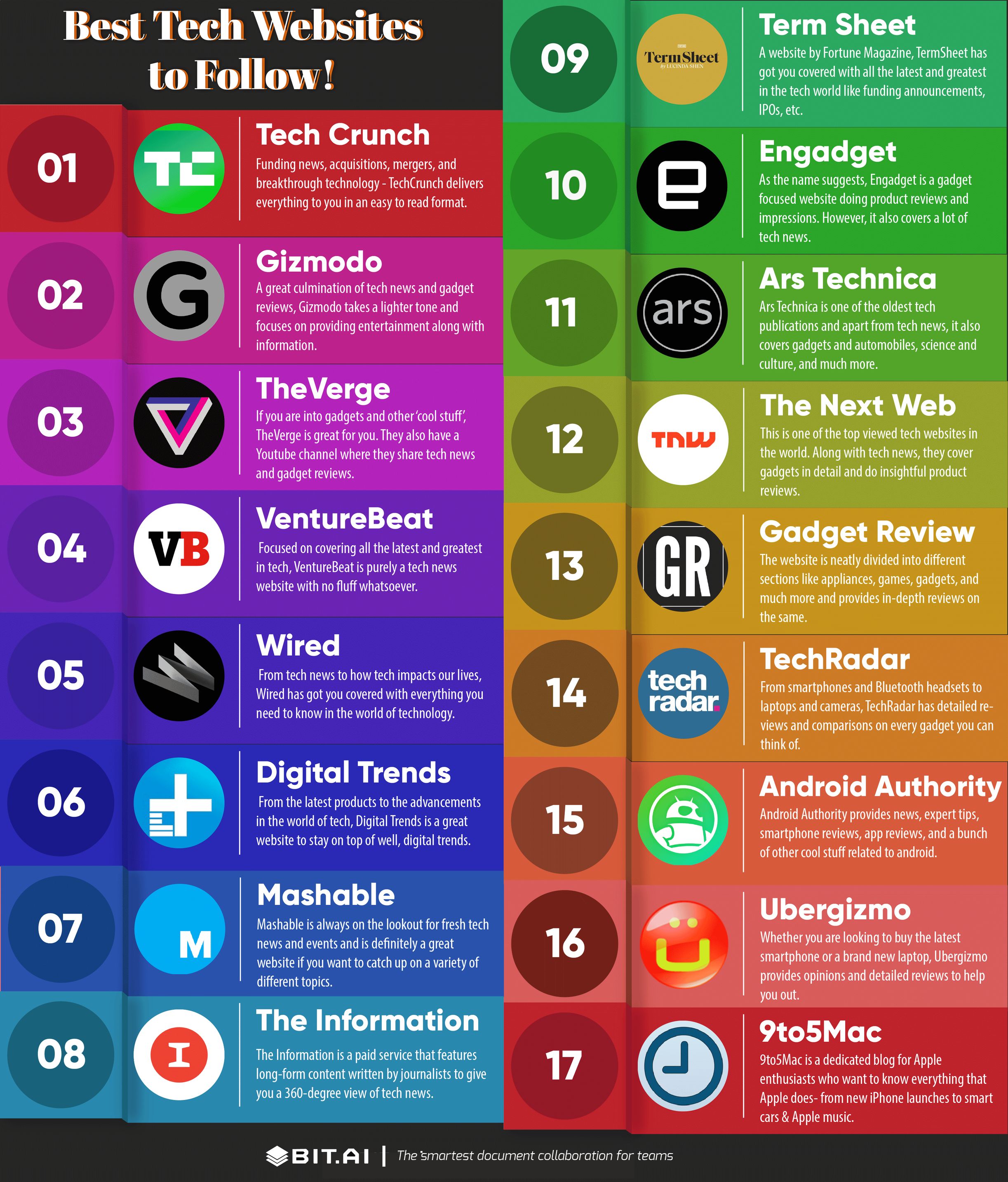Boost Your Expertise with the Best tech blog Including Industry Professionals
Boost Your Expertise with the Best tech blog Including Industry Professionals
Blog Article
How Blockchain Innovation Is Revolutionizing Data Safety
Blockchain innovation is basically modifying the landscape of information security by introducing a decentralized framework that guarantees boosted transparency and durability. Unlike conventional systems, which count on central information repositories, blockchain distributes information throughout a network, reducing vulnerabilities and solitary factors of failure. The use of innovative cryptographic strategies ensures that information stays tamper-proof, promoting trust amongst individuals and stakeholders.
The Essentials of Blockchain
Blockchain technology, an innovative concept in electronic information administration, fundamentally changes exactly how information is saved and safeguarded. At its core, a blockchain is a distributed ledger that tapes purchases throughout a network of computer systems, making certain transparency and immutability.
Key to recognizing blockchain is the hashing process, which encrypts purchase information into a special alphanumeric code. This cryptographic feature ensures that any change in the transaction information causes a completely various hash, therefore protecting against tampering. The consensus system, an additional critical element, confirms and confirms brand-new deals through a network of nodes, thus removing the requirement for a central authority.
Furthermore, blockchain's append-only structure ensures that information, as soon as included, can not be deleted or modified. This particular assurances a long-term and proven record of transactions, fostering trust fund among participants. Consequently, blockchain provides a robust structure for information integrity, providing sectors a reputable method for monitoring and handling electronic information in a safe and secure, transparent way.
Decentralization and Safety
Decentralization, a core concept of blockchain innovation, dramatically improves information protection by distributing control throughout a network instead than relying on a single, central entity. By dispersing information throughout many nodes, blockchain guarantees that even if one node is endangered, the entire network remains safe.

Each individual in the network has accessibility to the entire blockchain, permitting them to verify and investigate purchases independently. On the whole, decentralization is instrumental in enhancing data security in blockchain networks.

Cryptographic Methods
At the heart of blockchain modern technology, cryptographic techniques play a critical role in safeguarding data, making certain both discretion and stability. These strategies are foundational to the blockchain's capability to firmly videotape transactions in a decentralized manner. Cryptography in blockchain uses a combination of asymmetric and symmetric formulas to encrypt data, making it accessible just to authorized parties - Best tech blog. Public and personal essential sets are main to this process, permitting protected authentication and identity confirmation without exposing delicate info.
Hash features are one more important element, transforming input data into a fixed-size string of personalities, properly developing a special electronic fingerprint for every block. This makes sure that any type of attempt to change the data will result in an entirely various hash, therefore maintaining the immutability of the blockchain. Digital trademarks validate the authenticity and integrity of purchases, providing a layer of non-repudiation.
The decentralized nature of blockchain, incorporated with durable cryptographic techniques, eliminates the requirement for intermediaries, reducing potential vulnerabilities. As blockchain innovation progresses, advancements in cryptography such as zero-knowledge evidence and homomorphic file encryption remain to boost safety and security actions, better fortifying useful link data defense in this cutting edge digital journal system.
Use Situations Across Industries

In the healthcare industry, blockchain makes sure the safe storage space and sharing of individual records, promoting interoperability while protecting delicate data from unapproved access. This modern technology empowers individuals with control over their case history and facilitates seamless sychronisation amongst doctor.
Supply chain administration advantages significantly from blockchain's unalterable journal, which makes sure traceability and authenticity of items from beginning to customer. By improving transparency, blockchain helps mitigate concerns such as counterfeiting and underhanded sourcing.
In addition, blockchain's decentralized nature is improving the energy market by enabling peer-to-peer energy trading, where consumers can deal excess renewable power straight. This fosters a more lasting and effective energy ecosystem.
In the realm of copyright, blockchain gives a tamper-proof system for creators to sign up and shield their jobs, guaranteeing rightful acknowledgment and fair settlement. These varied usage cases highlight blockchain's role as an essential force in redefining information protection throughout sectors.
Future of Data Defense
As we look to the future of data security, blockchain technology is positioned to play a pivotal role in safeguarding digital information. With its decentralized and immutable attributes, blockchain uses a durable structure for safeguarding delicate information against unauthorized gain access to and cyber dangers. This innovation makes sure that once data is taped, it is almost impossible to alter without discovery, hence supplying a considerable advantage over traditional information storage techniques.
The combination of blockchain with other innovative technologies, such as expert system and the Internet of Points (IoT), is anticipated to improve information security methods further. By leveraging wise contracts, companies can impose and automate safety methods, decreasing websites human mistake and enhancing efficiency. Furthermore, blockchain's capacity to give transparent and deducible purchases will certainly bolster count on and accountability in data monitoring methods.
As governing landscapes evolve, blockchain's compliance-friendly nature will end up being increasingly relevant. find more information It can aid companies fulfill rigid data defense laws, such as the General Information Protection Policy (GDPR) and the California Consumer Personal Privacy Act (CCPA), by giving verifiable documents of information processing activities. Inevitably, blockchain's distinct characteristics position it as a transformative tool in the continuous mission to protect the electronic globe versus ever-evolving cyber risks.
Final Thought
Blockchain technology represents a standard shift in data safety by leveraging decentralization and cryptographic methods to improve transparency, trust fund, and information stability. Its capacity to remove solitary points of failing and use consensus mechanisms substantially lowers the risk of fraudulence and cyberattacks. This ingenious structure not only encourages individuals with higher control over their data yet also lines up with regulatory conformity. As cyber threats progress, blockchain becomes a crucial device for durable data security throughout different sectors.
Blockchain modern technology is fundamentally modifying the landscape of data safety by presenting a decentralized framework that promises improved openness and strength. Unlike typical systems, which rely on centralized data repositories, blockchain disperses information throughout a network, minimizing vulnerabilities and single points of failure.Decentralization, a core principle of blockchain technology, considerably enhances information safety and security by dispersing control across a network rather than depending on a singular, centralized entity.At the heart of blockchain innovation, cryptographic methods play a crucial duty in guarding information, ensuring both confidentiality and integrity.Blockchain technology represents a paradigm change in information safety by leveraging decentralization and cryptographic methods to improve transparency, trust, and data integrity.
Report this page